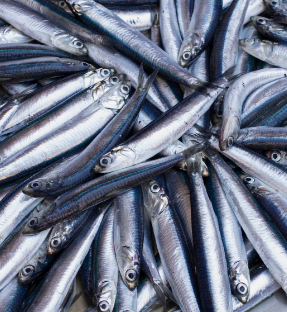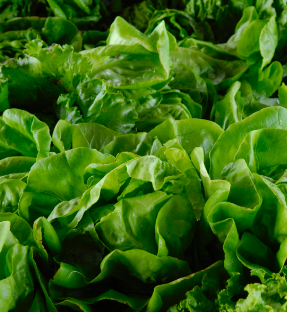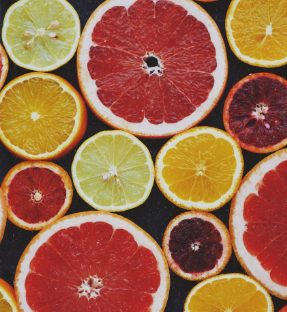Meet the 6 ingredients that support more than just your skin

Did you know, certain ingredients that are commonly found in our award-winning supplements can support more than just your skin? From vitamin C to biotin – keep reading to discover the nutrients we like to call “double agents”– able to provide a host of benefits for your body, mind, and general wellbeing.
1. Vitamin C
Vitamin C is involved in immunity*, energy production and protection from free radical damage**, which may help shorten the length of time that you have a cold, as well as reducing tiredness and levels of fatigue. It is one of the only nutrients that we must get entirely from our diets – as it is not made within the body. Found in foods such as, peppers, broccoli, citrus fruits and berries, including the acerola berry, which contains 50-100 times more vitamin C than oranges and lemons. It can also be found in vitamin C supplements.
2. Beneficial bacteria
Certain strains of bacteria have been shown as beneficial to the immune system [2] providing an additional layer of skin and wellbeing support. Around 75% of cells involved in immunity are located in the gut, so ensuring it is healthy may help to protect immunity [3]. You’ll be able to find beneficial bacteria in a range of foods such as kimchi, sauerkraut, tempeh, and miso.
3. Omega 3 & 6
Studies show that omega-3 and 6 supplements can increase hair density and reduce hair loss, delivering essential proteins and nutrients and decreasing inflammation of hair follicles – a factor that can contribute to hair loss. The nutrient is also thought to promote circulation in the scalp, which may trigger hair growth [4]. Foods such as salmon, mackerel, anchovies are rich in omega 3, and almonds, soybeans rich in omega 6.

4. Selenium
Research show that diets lacking normal, healthy levels of nutrients including selenium, can contribute to thinning or weak hair [5]. Besides contributing to the maintenance of normal hair***, selenium is known to support healthy nails***.We call selenium an essential beauty nutrient – meaning it must be obtained from foods such as brazil nuts, beans, broccoli, fish and chicken as it is not produced by the body.
5. Vitamin A
Vitamin A plays a vital role in supporting normal skin health and turnover – and it is also important for our hair. Deficiencies in vitamin A can lead to problems such as hair loss, so ensuring we are getting optimum levels of the vitamin are vital. A varied diet containing salon, liver, spinach, sweet potato and vitamin A supplements is a great way to make sure you’re getting optimal levels of vitamin A.

6. Biotin
Biotin plays a role in protein synthesis and helps to support the production of keratin – one of the proteins that make up our hair. Studies have demonstrated that biotin-rich foods such as nuts, seeds, peas, beans, and lentils can help improve the hair density and growth rate of those suffering from hair loss [6].
Our top tip to make sure you’re getting enough of these key nutrients. Make sure you’re getting a varied amount of fruit and vegetables every single day. Researchers at the American Gut Foundation [7] have found that people who ate 30 or more different plant foods a week had a more diverse gut biome than people who consumed 10 or fewer. Supplementation is an easy, fuss-free way to ensure your body is getting the nutrients it needs for optimal health.
*Vitamin C contributes to the normal function of the immune system
** Vitamin C contributes to the protection of cells from oxidative stress
*** Selenium contributes to the normal maintenance of hair and nails
References
- Prakash, Anand, and Revathy Baskaran. “Acerola, an untapped functional super fruit: a review on latest frontiers.” Journal of food science and technology vol. 55,9 (2018): 3373-3384. doi:10.1007/s13197-018-3309-5
- Danica Michalickova, et al. (2016). Lactobacillus helveticusLafti L10 supplementation reduces respiratory infection duration in a cohort of elite athletes: a randomized, double-blind, placebo-controlled trial. Applied Physiology, Nutrition, and Metabolism, 2016, 41:78 789, https://doi.org/10.1139/apnm-2015-0541
- Yan, Fang, and D B Polk. “Probiotics and immune health.” Current opinion in gastroenterology vol. 27.

